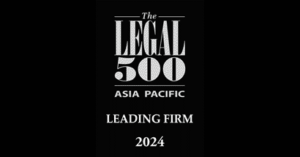A short conversation between Edmund Bon and Prof James Chin.
Edmund is a lawyer in Kuala Lumpur and he was the Representative of Malaysia to the ASEAN Intergovernmental Commission on Human Rights (AICHR) from 2016-2018. He is also the founder of the Malaysian Centre for Constitutionalism and Human Rights (MCCHR). James is the inaugural Director of the Asia Institute Tasmania, University of Tasmania.
James asked Edmund for his legal opinion on four questions pertaining to the Malaysia Agreement and Sabah:
- The possibility of litigation under the Malaysia Agreement.
- In Sabah, some have tried to litigate based on the idea of Borneonisation, where people born in Borneo should be given preferences or quotas for state administrative positions. However, they faced the problem of locus standi. Another area of potential litigation is oil and gas, although this is more related to the Petroleum Development Act 1974.
- Many in Sabah and Sarawak are of the opinion that it is difficult to litigate this issue in Malaysian courts which tend to support the state. If there is no legal remedy internationally and limited remedy in domestic law, does this mean that this issue can only be resolved at the political level? However, the level of unhappiness suggests that political solutions have not worked.
- There is a narrative among activists, especially the middle class, that the Malaysia experiment was illegal. This was because when North Borneo and Sarawak decided to form Malaysia, they were colonial people and not competent to make that decision. Hence, the decision was made by London.
This video can also be accessed on James Chin’s YouTube channel.



